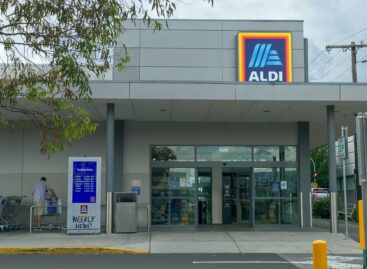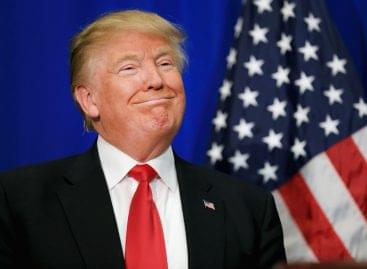What a vaccine could mean for retail
There’s finally hope of an end to a pandemic that has destroyed lives and livelihoods, and upended consumer behavior. For now, uncertainty still rules.
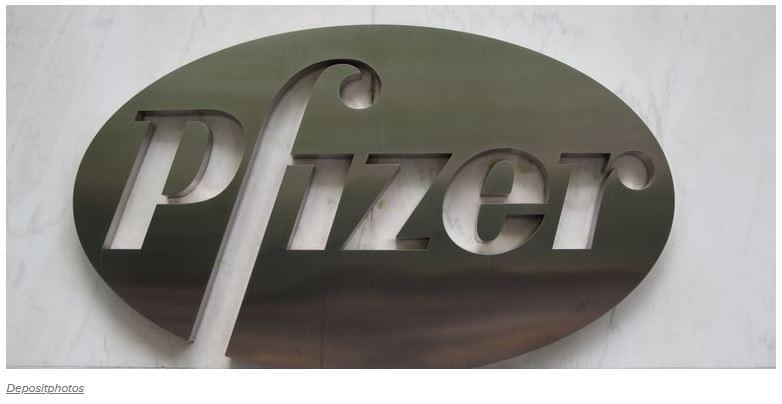
The Monday report that pharmaceutical giant Pfizer is putting the finishing touches on a vaccine that it says is 90% effective against COVID-19 was overshadowed by secon wave, lockdown news.
Crisis situation
The virus has surged in recent weeks, with diagnoses, hospitalizations and deaths up across the U.S. The situation is bleak in terms of both human health and the economy, which in the U.S. depends heavily on people having discretionary funds, and spending them.
Earlier in the year, when stores were forced shut in an effort to contain the pandemic, most retailers were hit hard, even as e-commerce soared; several filed for bankruptcy and more were pushed to the brink. Grocery stores and mass merchants, which were allowed to remain open or, like Amazon, sell online, have done well. While retailers of all stripes instituted or expanded BOPIS options and maintained COVID-safe protocols in their stores as they reopened, all hope for getting back to normal has been predicated on developing a vaccine.
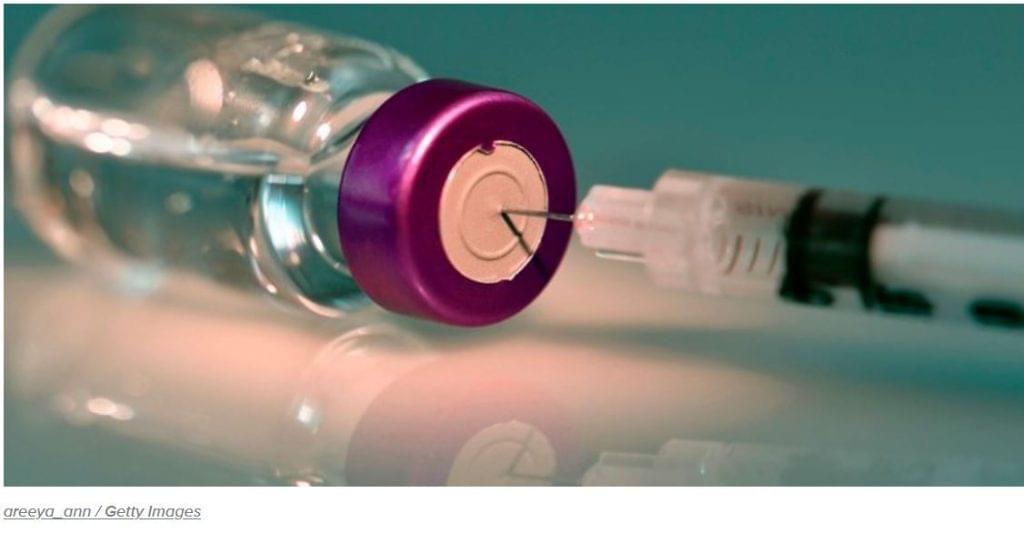
Forecasts
If a substantial proportion of the population takes the vaccine, then first to benefit from that will likely be restaurants, bars, hotels and conference centers. And several analysts noted on Monday that could hurt retailers, which have benefited from the cache of money many consumers had at the end of a summer bereft of travel, dining out and entertainment. It will be going in the right direction of some degree of normality as heading into 2021 in the second and third quarter.
There really are no winners in a pandemic, which has taken such a devastating human toll. But retailers that managed to benefit during the outbreak are set to see that advantage erode when daily life returns to normal, while those taking a hit may see some relief.
Forced changes
Moreover, the pandemic has ushered in an accelerated evolution in retail that overall is unlikely to slow down much even after a vaccine is available, and challenges like those faced by malls and department stores aren’t going away. what was true before the pandemic is still true.
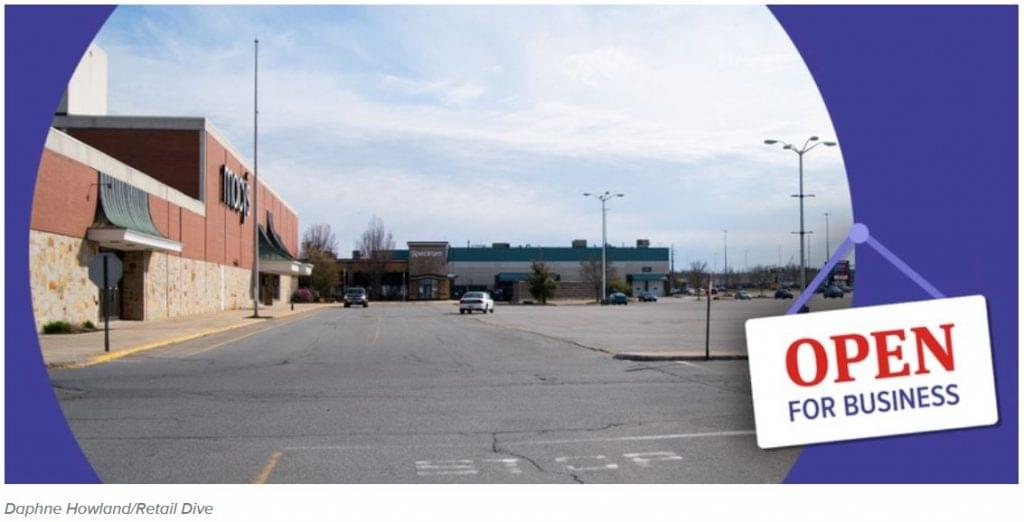
You can’t just be physical, you can’t just be virtual. You have to have a full seamless application of physical and virtual that all connect so the customer can shop and buy and return at whatever platform they want to. The retailers that best figure that out are the ones that are going to succeed.
Related news
Aldi: another major American expansion is coming – store openings, logistics and delivery
🎧 Hallgasd a cikket: Lejátszás Szünet Folytatás Leállítás Nyelv: Auto…
Read more >Trump’s tariff cuts could reshape the global food market
🎧 Hallgasd a cikket: Lejátszás Szünet Folytatás Leállítás Nyelv: Auto…
Read more >Related news
EY Businessman of the Year: Tibor Veres is the grand prize winner, six special awards were also given out
🎧 Hallgasd a cikket: Lejátszás Szünet Folytatás Leállítás Nyelv: Auto…
Read more >Storck Hungária: new sales manager has arrived
🎧 Hallgasd a cikket: Lejátszás Szünet Folytatás Leállítás Nyelv: Auto…
Read more >

